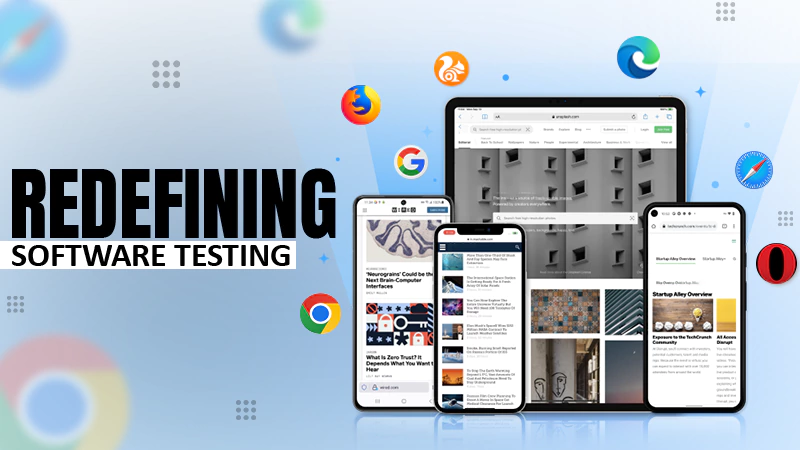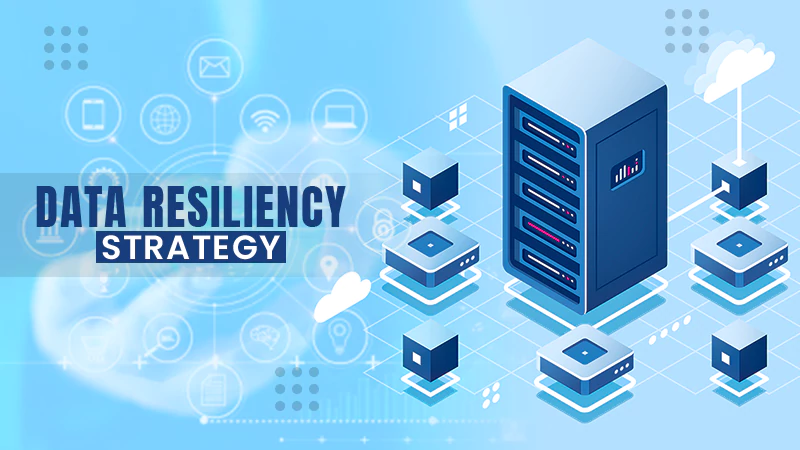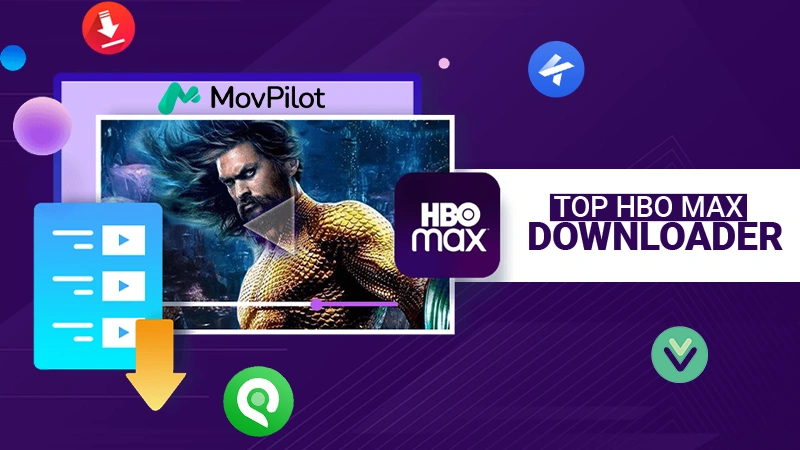If you are a developer who will create your own mobile application, choosing the best programming language is the first step that must be passed. The choice of language really depends on your skills, the platform you will use, and what functions you expect from your application in the future. For example, if you want to develop an iOS app, Swift and Objective-C are the two best options. But if it’s an Android app you want to build, then of course Java is a better option. This is important to know because novice developers often don’t understand basic things, for example, the differences between Kotlin and Swift.
In some recent surveys, it can be concluded that JavaScript is the most popular programming language among developers. Today, around 70 percent of developers use JavaScript, and in second place is HTML/CSS, followed by Java, Python, C++, and others.
But What is the Definition of a Programming Language?
Before you can choose the best programming language, it would be good for you to understand it. A programming language is actually a set of code that can be interpreted by a machine. Those codes are what you need so that the computer understands the process of building your application. Actually, until today there have been hundreds of programming languages with their respective functions and purposes. Several languages are popular but remember that no one language serves all purposes.
Why are They Different from Each Other?
Because they are not made for the same purpose! In choosing a programming language, you must depart from the reasons you have for using codes. Some languages are easier to learn and others are for experts only. The more difficult a language is to learn, the more specific the goals of the language are made. Each language has a different syntax, which affects how you should write code. We cannot equate today’s needs with the needs of the next five years. What is needed today may not be needed in the next 5 years.
The Complex and the Less Complex
It is as if because of the laws of nature, something that is less complex tends to be simpler. Likewise with programming languages. Less complex languages can be learned more quickly than complex ones. For beginners, less complex languages tend to be preferred but note that the more complex a language, usually the more features and capabilities it has. That’s why experienced developers tend to use complex languages. If you don’t already know, languages like Java, JavaScript, and Python are classed as less complex (simple) languages, while Prolog, C++, and LISP are classed as complex languages. Of course, the second group has more features and functions.
The Type of Application Determines the Language Used
It has been mentioned above that the choice of language really depends on the type of application we are making (the functions we expect from the application). For example, if you plan to develop native mobile apps, it is recommended that you use Java, Swift, and Objective-C. They are the most popular in this context. But if you plan to develop cross-platform applications, the best options are JavaScript, HTML5, and CSS3. Cross-platform here means that your application can later be run on Android and iOS platforms.
What About Other Types of Applications?
For website applications: Choose languages such as PHP, Ruby on Rails, and ASP.NET.
For desktop applications: Choose languages such as C#, Go, and C++.
For AI/ML applications: Choose languages such as Lisp, R, and Python. They are languages that support artificial intelligence and machine learning.
For high-security applications: Choose languages such as HTML, SQL, and Python. They are already equipped with built-in security features.
You already know what languages are widely used by mobile application developers. But can you use them right away? It depends on how skilled you are. But to clarify, you must master or have the following points:
- Basic computer skills that will allow you to navigate various operating systems.
- Understanding of basic programming concepts.
- The ability to continue learning because the development of programming technology does not stop today.
- Thoroughness. You can’t become a great app developer if you keep missing little details. It doesn’t matter how small they are, they greatly determine the performance of your application later.
- Understanding of data structures which includes an understanding of databases, analytics, and so on.
- Knowledge of UI/UX design.
So how? Do you have an idea of which language to use?







